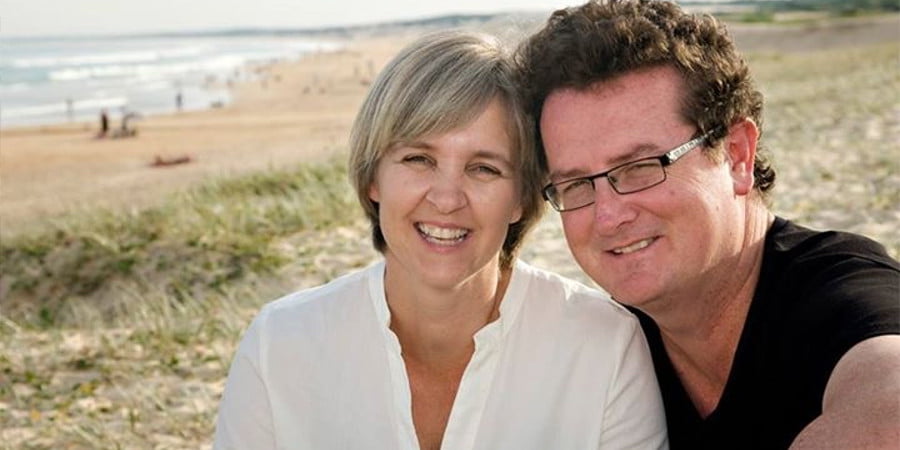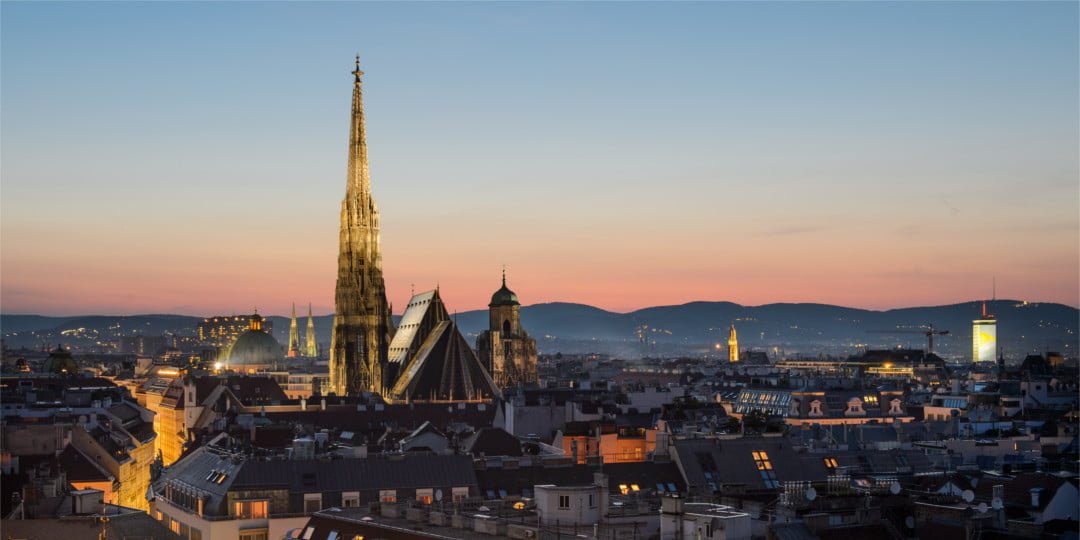Good Friday is the painful vision of humanity at our very worst. I am horrified by what I see there. A good man extinguished. A man who devoted his life to doing good, to healing the sick, welcoming the outcast, forgiving those broken by their guilt, honouring the shamed, standing with the poor and challenging those who kept them poor.
His goodness was met by the most cynical abuse of power; betrayal by one of his good friends and abandonment by the others; the mad bloodlust that swept through the crowd like a virus, turning ordinary people into vicious haters; soldiers who, with the chilling disregard fostered by impunity, spat on him, mocked him, and beat him; execution by the most humiliating and painful instrument of torture, stripped naked, nailed to a wooden cross, surrendered to the desperate struggle between the innate drive to life and the creeping weariness that ends in asphyxiation. It was despicably cruel.
It is horrendous enough that this is done to a man, doubly so that it is done to a man who is God incarnate. Albeit not meant in the way Nietzche intended, the words he places on the lips of his madman are appropriate:
Whither is God?” he cried; “I will tell you. We have killed him—you and I. All of us are his murderers. But how did we do this? How could we drink up the sea? Who gave us the sponge to wipe away the entire horizon? What were we doing when we unchained this earth from its sun? Whither is it moving now? Whither are we moving? Away from all suns? Are we not plunging continually? Backward, sideward, forward, in all directions? Is there still any up or down? Are we not straying, as through an infinite nothing? Do we not feel the breath of empty space? Has it not become colder? Is not night continually closing in on us? Do we not need to light lanterns in the morning? Do we hear nothing as yet of the noise of the gravediggers who are burying God? Do we smell nothing as yet of the divine decomposition? Gods, too, decompose. God is dead. God remains dead. And we have killed him.
“How shall we comfort ourselves, the murderers of all murderers? What was holiest and mightiest of all that the world has yet owned has bled to death under our knives: who will wipe this blood off us? What water is there for us to clean ourselves? What festivals of atonement, what sacred games shall we have to invent? Is not the greatness of this deed too great for us? Must we ourselves not become gods simply to appear worthy of it? There has never been a greater deed; and whoever is born after us—for the sake of this deed he will belong to a higher history than all history hitherto”
It’s important to stare into the face of evil presented in the Good Friday story. It is a window through which I more clearly see my world and a mirror held up to better see myself. How did those religious leaders, sincere and devoted, slide into conspiracy to murder? When did Pilate first make the compromises with power that allowed him to condemn the innocent? How could the crowd that hailed Jesus one day turn so violently against him the next? How was it that Judas saw everything Jesus had done, yet was so overcome by greed that he sold him out? Why did fear get the better of Peter and drive him to deny he even knew Jesus?
These were people just like me. They weren’t monsters. They were just ordinary people who had families they went home to, friends with whom they laughed and to whom they showed great loyalty, hopes and dreams.
This is why I need Good Friday; why we need Good Friday. To remind us of what we can be, of the potential for evil that resides in us and our world; to remember, as Solzenitzen said, “that the dividing line between good and evil runs through every human heart”. By staring into the heart of evil we lay it bare, expose its destructiveness, and recoil in horror. We are forced to confront the reality that evil is perperated by people like us, driving us to be honest about our own brokenness and vigilant about following Jesus in doing good.
Fail to do this and we perpetuate the myth of our untainted goodness and the evils which hide under its cover







I think there is a lot of truth to your linking of eciomonc consequences of poor judgement and lack of morality. Let me challenge you I think the idea of morality has to be explored further. One exception that I happened to think of was abortion. Many pro-lifers would say it is morally wrong to have an abortion. Then again, the cost’ of an unwanted’ child to society is very high. True that the conception of the child is maybe where the morals’ lie (ie. rape, promiscuity) but there are other instances that should be explored. The gray area is what lies in the term morality’. The other question is, what was morally right 60 years ago would be considered ridiculous now. In some instances I think we should go back to those days, but in other cases (civil rights, etc.) we are much better off now. Some things to discuss